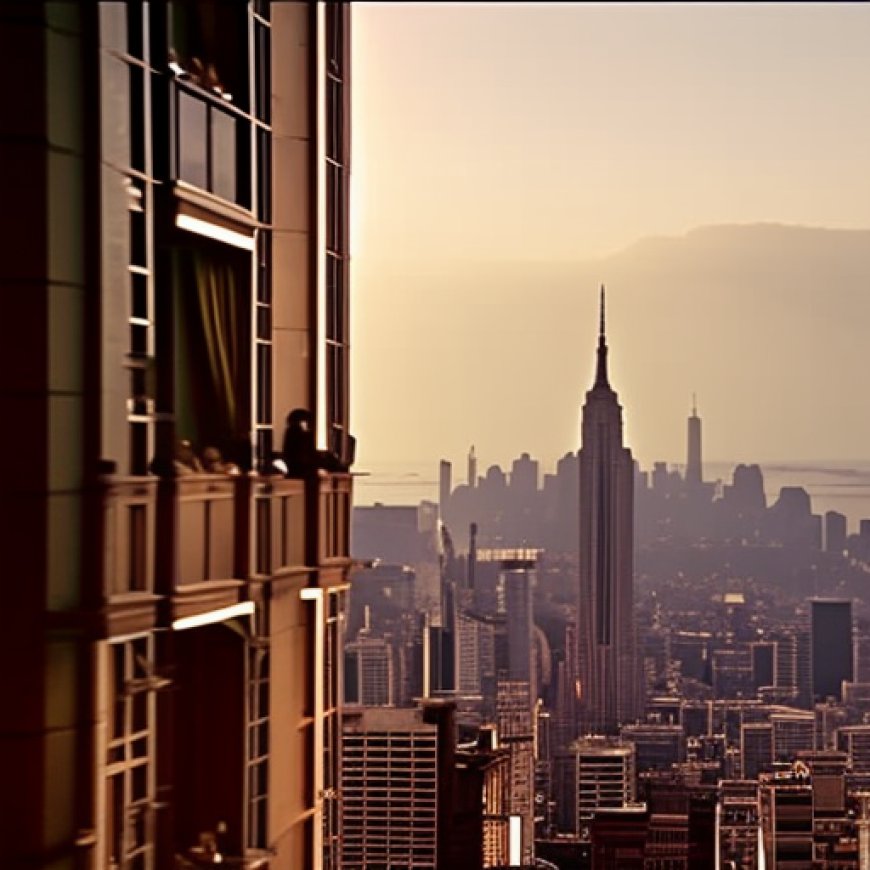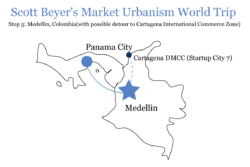Does Tourism Really Hurt Third World Cities?
Does Tourism Really Hurt Third World Cities? Catalyst


Tourism and Housing in the Global South
There’s a certain Western cultural meme, popular with the anti-capitalist left, which says that too much tourism ruins a city. The French Quarter and Times Square aren’t “authentic” due to excess outsiders, and this becomes even more a crime when it occurs in certain preferred foreign cities. This xenophobic, fundamentally aesthetic critique then bleeds over into economic analysis, as tourists are blamed for longstanding policy problems.
Unease from Medellin’s Tourism Boom
I can’t help but think this is what drove a recent article over at Bloomberg CityLab reporting on unease from Medellin’s tourism boom. According to the piece, long-term foreign visitors, namely well-off remote workers, are displacing locals. This concern comes up a lot, namely regarding Third World tourism (just a few years ago, CityLab wrote a similar piece on Mexico City).
Development catering to tourists supposedly makes housing and cost-of-living more expensive for natives. But this argument, which echoes U.S. anti-gentrification debates, is not economically sound. Moreover, it doesn’t reflect my experience traveling through the Global South, where tourists are scarce and heavily courted when they arrive.
Medellin’s Affordable Housing and Tourism Resurgence
Medellin, like most Global South cities, is far cheaper than its Western peers. The dollar goes further, with a single Colombian peso carrying $0.00023 a dollar’s worth. The city is also enjoying a resurgence thanks to a dramatic taming of cartel violence. CityLab reports that in 2022, “the city had a record 1.4 million visitors from overseas, mostly from the U.S.”

But the region had a housing crisis long before this influx. In 2019, the World Bank claimed that Colombia needed to build an estimated 300,000 units annually to keep pace with demand. Mexico had an even larger housing gap, needing around 800,000 new units each year. It should be noted that at the beginning of 2023, year-over-year home prices in Medellin were 7% lower.
The CityLab article implicates short-term rentals catering to well-off foreigners. But restricting STRs ultimately won’t increase the overall housing supply; at most, it’ll add units back to previously insufficient levels, while restricting the economic benefits that STR owners now enjoy.
The Economic Benefits of Tourism
It’s unclear what, exactly, the tourism critics want to do. As of 2019, tourism accounted for nearly 4% of Colombia’s GDP and 1.4 million jobs, in a country with a $6k GDP per capita. CityLab notes that some measures have included barricades at tourist destinations, but there’d be a real economic hit from taking that mindset too far.
Nepal, which I visited recently, is more open to tourists than what CityLab claims is the common sentiment around Medellin. Despite obvious poverty, Nepal brings in lots of visitors who flock to the Himalayas. Local climbers, known as sherpas, serve as guides for visiting Mt. Everest climbers; others visit the Hindu and Buddhist temples; and the Thamel neighborhood has been popular catalyst.independent.org

Join us, as fellow seekers of change, on a transformative journey at https://sdgtalks.ai/welcome, where you can become a member and actively contribute to shaping a brighter future.







